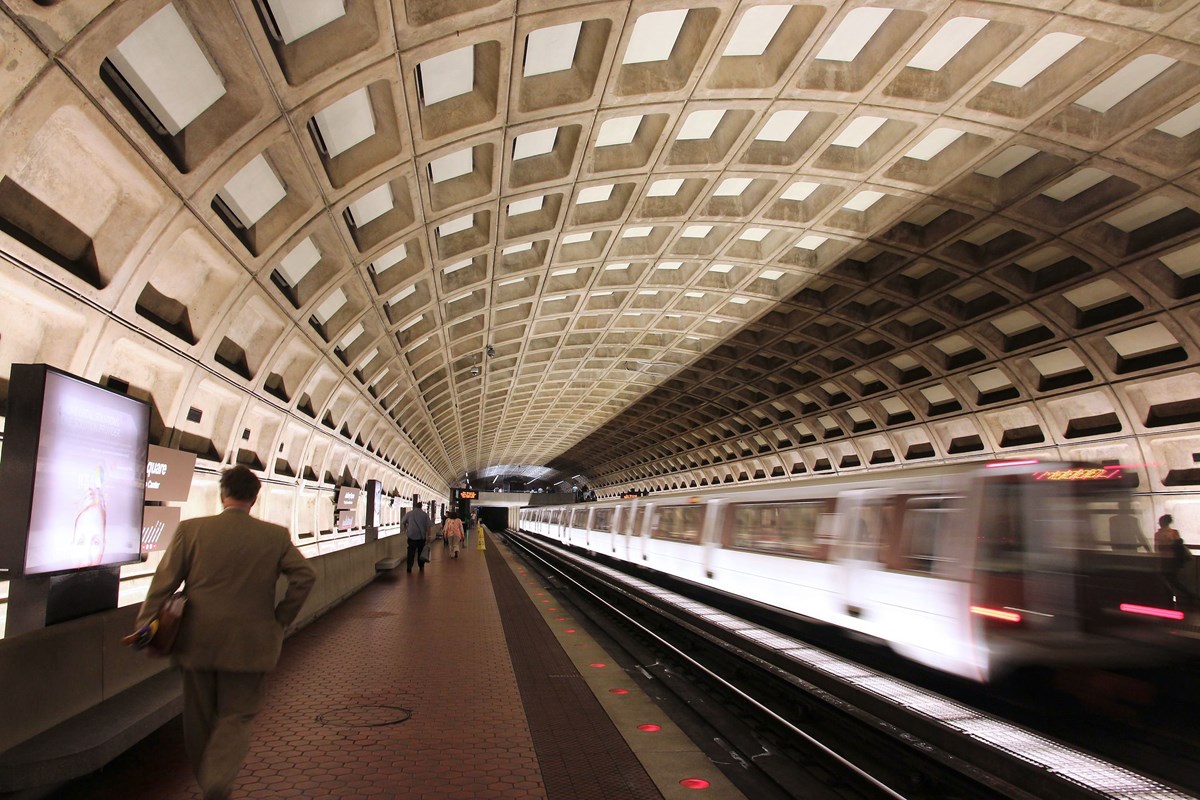Some members of Congress are considering restructuring DC Metro’s management and oversight. Big reforms are needed given the disastrous service, safety, and financial performance of the system in recent years.
Why not privatize Metro? Countries around the world have been privatizing their transportation infrastructure in order to improve management and efficiency. Privatizing Metro buses would be straightforward, but even privatizing the subway system would not be an unheard of reform.
Hong Kong privatized its subway system in 2000. In a recent study on infrastructure, McKinsey reported:
Hong Kong’s MTR Corporation has defied the odds and delivered significant financial and social benefits: excellent transit, new and vibrant neighborhoods, opportunities for real-estate developers and small businesses, and the conservation of open space. The whole system operates on a self-sustaining basis, without the need for direct taxpayer subsidies.
MTR’s railway system covers 221 kilometers and is used by more than five million people each weekday. It not only performs well—trains run on schedule 99.9 percent of the time—but actually makes a profit: $1.5 billion in 2014. MTR fares are also relatively low compared with those of metro systems in other developed cities. The average fare for an MTR trip in 2014 was less than $1.00, well under base fares in Tokyo (about $1.50), New York ($2.75), and Stockholm (about $4.00)."
That sounds pretty darn good.
The average fare on the DC Metro is about $3. The on-time record of Metro is unclear, but in technical terms I think “crappy” best describes it. Note that Hong Kong’s 99.9 percent on-time record means that “of the average 5.2 million passenger trips made on the MTR heavy rail and light rail networks on each normal weekday, 5.195 million passengers safely reach their destinations within 5 minutes of their scheduled arrival times.” In 2014, “the system ran for 120 consecutive days without a single delay over eight minutes.” Wow.
That stellar performance induces strong demand for the Hong Kong system, which in turn generates high fare revenues. The ratio of passenger fares to operating costs is a high 185 percent, which means that fares fully cover operating costs and part of capital costs. MTR raises other funds for capital from real estate deals under which it gains from land value increases near stations. The Hong Kong system is profitable and unsubsidized. By contrast, the average ratio of fares to operating costs for U.S. subway systems is just 46 percent, and the systems are heavily subsidized.
The MTR is probably the best-run subway system in the world. The system is an “immaculately clean, well-signposted, cheap, regular, convenient system.” And there’s free Wi-Fi in most stations.
The system is so admired that MTR has been contracted to run systems in other cities. CNN says: “MTR Corporation now operates the London Overground, and two lines of the Beijing Metro, as well as parts of the Shenzhen and Hangzhou Metro systems in China, the Melbourne Metro in Australia and the Stockholm Metro in Sweden … London Overground enhanced its punctuality from 88.4% in 2007 to 96.7% in 2013 after MTR took over its operation for a year.”
Can we get MTR Corporation to expand into Washington? Metro Board Chairman Jack Evans wants a federal takeover of Metro, but how about a private takeover?
Republished from the Cato Institute.

